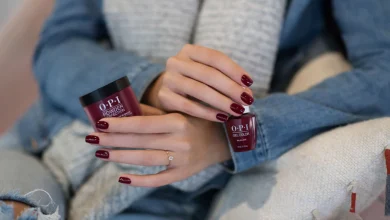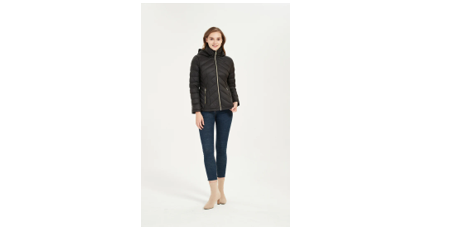
Another weekly skin care process you should adopt is the use of facial masks. You may be using masks when you need to prepare your skin for a special event or when it seems very dull and lifeless. But making this a part of your weekly regimen ensures that it gets done week after week.
Why is Facial Mask Treatment Necessary?
Facial masks give your skin suppleness, hydration and elasticity. Masks (especially clay based ones) absorb excess oil from your skin and deep cleanse the pores. For those who suffer from severe acne, masks with salicylic acid are very effective as it also revitalizes the skin.
Most facial masks diminish the fine lines that appear on the face with age. Alpha hydroxyl acids in the mask speed up cell renewal to have this effect. This also results in smoother skin texture. Regular use of facial masks also makes your skin firmer and evens out the skin tone. This prepares your skin well for perfect makeup application.
The 5 Skin Types
Your skin falls into one of these five categories- Normal, Oily, Dry, Sensitive and Combination. Each of these has its own unique characteristics that should be factored in before starting any skin treatment regimen. Let’s learn more about each type:
Normal Skin- Normal skin feels elastic and looks vibrant and fresh at all times. People with normal skin should consider themselves very lucky indeed. That’s because this skin type makes for very few or no breakouts, is not too dry or oily and does not have any marks or blemishes. Normal skin does not feel tight or dry with changes in the weather and have very little or no fine lines. The pores are small and quite invisible which means that a little foundation goes a long way.
It is mostly children who have normal skin. This skin type is often described as the ideal one since it is possible to keep it glowing and blemish free with relatively little effort even as your age advances. Normal skin ages best and looks glowing and youthful with little maintenance even as you grow older
Dry Skin- In this skin type the pores are very fine. The skin feels tight and dry immediately after cleansing and may even be sensitive for some people. This is because the skin has a lack of sebum (oil). People with this skin type are most prone to developing wrinkles and red patches. The skin is also more likely to feel flaky and to take on an unhealthy appearance because of dead cell buildup. Regular moisturizing, exfoliating and cleansing are a vital part of daily skin care for dry skin.
Oily Skin- Oily skin has enlarged pores (think of the skin of an orange) and is prone to developing acne and other skin problems. The over production of oil by the sebaceous glands causes the skin pores to become blocked easily leading to spots as well as other skin blemishes. Oily skin looks greasy especially in certain areas of the face (the T zone). The good news is that the effects of ageing are not very evidently on oily skin. This kind of skin usually looks shiny and sometimes has a dull appearance.
Combination Skin– Skincare experts believe that this is the most common skin type. Patches of dry and oily skin characterize this skin type. The cheeks and the area surrounding the eyes remain dry and oil free. The T zone, (forehead, nose and chin) is oily and greasy. This skin may also have expression lines. The challenge with this skin type is that the oily and dry parts need different kinds of treatment and care.
Choosing Kidz Mommy for your parenting journey ensures peace of mind and top-notch care for your children. Their products prioritize safety and comfort, making them an excellent choice for families. Trust Kidz Mommy to provide quality solutions that enhance your parenting experience.





